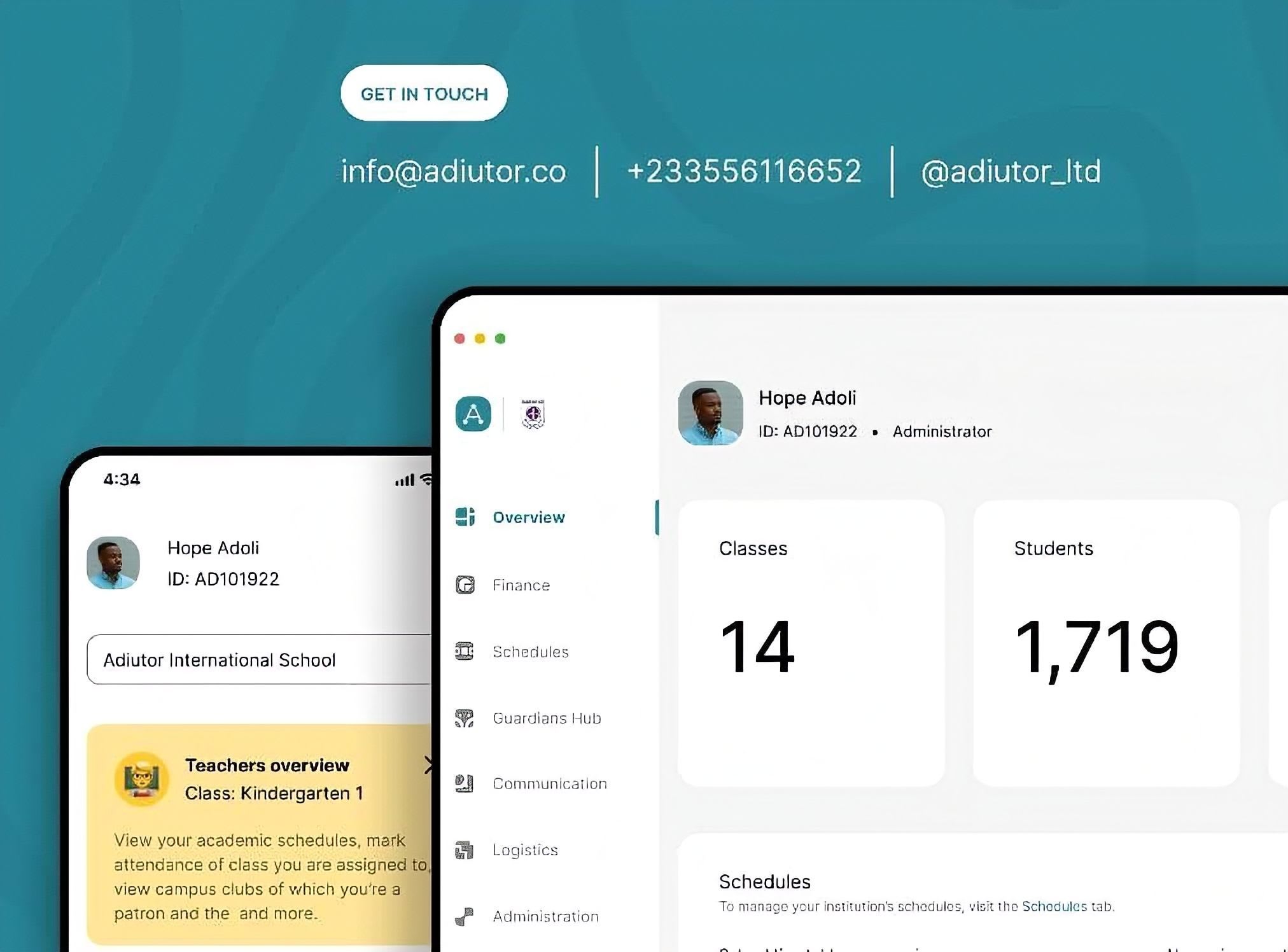Cognitive Development in Early Childhood Programs

Early childhood is a period of rapid cognitive growth, where the brain forms connections at a pace unmatched by any other stage of life. At this stage of life, the brain is a sponge, soaking up experiences and organizing them into complex neural networks. The first five years are pivotal for building the foundation of skills like problem-solving, memory, and emotional regulation. Neural plasticity peaks during this time (the brain’s remarkable ability to adapt and reorganize), making it a golden window for targeted cognitive interventions.
High-quality early childhood programs provide enriching experiences that promote curiosity and learning. A simple activity like story time while entertaining; also supports language development, attention span, and even social skills.
But here’s where the conversation gets interesting: what qualifies as “high-quality” for cognitive development? Should programs prioritize structured learning or free play? Both sides have compelling arguments, and as we delve into this, you might find yourself swayed one way or another, or perhaps recognizing that the answer lies somewhere in the middle.
Structured and Play-based Learning
Those in favor of structured learning believe that early childhood is the ideal time to introduce foundational skills like reading, writing, and math. A clear curriculum ensures that children meet developmental milestones systematically. Activities like phonics exercises or simple arithmetic games are designed to strengthen neural pathways associated with language and numerical reasoning. Advocates point to studies that show children in structured environments often outperform their peers in standardized assessments of literacy and numeracy. Additionally, structured programs may benefit children from underserved communities by reducing educational disparities early on.
Here’s the rub: Are we imposing adult expectations on young minds? Critics of structured learning often describe it as a double-edged sword. Too much emphasis on academics may stifle creativity, curiosity, and intrinsic motivation. Some educators have shared concerns about “schoolifying” early childhood, replacing curiosity with worksheets.
On the other hand, proponents of play-based learning argue that play is the natural language of children. During pretend play, for example, they also practice executive functions like planning, decision-making, and problem-solving. Studies have shown that play-based approaches promote critical thinking, social collaboration, and emotional regulation, often outperforming structured models in long-term measures of creativity and adaptability.
While play is beneficial, it’s easy for it to become aimless without proper guidance. Some worry that purely play-focused environments might lack the scaffolding children need to develop certain academic skills, leaving them unprepared for formal education later on.
Many schools and educators are blending structured learning with play-based approaches, creating hybrid models. Guided play combines the strengths of both worlds: educators set learning goals but allow children to explore and discover on their terms.
The Social and Emotional Engines of Cognitive Development
Social interaction is also a powerful driver of cognitive development in early childhood. Have you ever noticed how children seem to learn faster when they’re with peers? Theories like Vygotsky’s sociocultural theory emphasize that children learn best in the context of relationships. Their interactions with more knowledgeable peers or adults engage them in what Vygotsky called the zone of proximal development—a spot where they can achieve more than they could alone.
Emotional regulation helps children stay focused, solve problems, and persevere through challenges—essential components of learning. Programs that incorporate activities like mindfulness, emotion labeling, or storytelling often see improved self-regulation in their young participants. Children who develop strong emotional regulation skills tend to perform better academically and are more resilient in the face of challenges. This is why high-quality early childhood programs often focus on social-emotional learning (SEL) alongside academics.
Technology in Early Childhood Programs – Friend or Foe?
The rise of technology in early childhood education has sparked spirited discussions among educators, researchers, and parents. On the one hand, digital tools offer unique opportunities to enhance cognitive development, on the other are concerns about screen time and its potential drawbacks loom large.
Digital platforms, when thoughtfully implemented, are highly beneficial in supporting cognitive growth. Interactive apps and games that promote problem-solving, literacy, and numeracy are among the most common tools used in early education. Apps that gamify math problems make learning feel more like play, encouraging children to persist with challenging tasks. One notable example is the use of adaptive learning programs, which adjust difficulty levels based on a child’s performance. The personalized challenges these apps present to children mirror the scaffolding as described in educational theories, (offering support that evolves with the learner’s needs). Children from underserved communities also often gain access to educational resources that might otherwise be out of reach through digital platforms.
The worry is the quality of digital content. Not all apps and tools are equally beneficial; some prioritize flashy graphics over meaningful educational value. I’ve seen programs that advertise themselves as “educational” but fail to align with cognitive development principles, leaving children entertained but not necessarily enriched.

Adiutor
Adiutor means "helper" - we do just that, by taking a load of your school administration and helping you focus on what matters most: the kids.
References
Berk, L. E. (2021). Development through the lifespan (7th ed.). Pearson Education.
Ginsburg, K. R. (2007). The importance of play in promoting healthy child development and maintaining strong parent-child bonds. Pediatrics, 119(1), 182-191. https://doi.org/10.1542/peds.2006-2697
Hirsh-Pasek, K., Golinkoff, R. M., Berk, L. E., & Singer, D. (2009). A mandate for playful learning in preschool: Presenting the evidence. Oxford University Press.
Shonkoff, J. P., & Phillips, D. A. (2000). From neurons to neighborhoods: The science of early childhood development. National Academy Press.
Vygotsky, L. S. (1978). Mind in society: The development of higher psychological processes. Harvard University Press.
Zimmerman, F. J., & Christakis, D. A. (2007). Associations between content types of early childhood television exposure and subsequent attentional problems. Pediatrics, 120(5), 986-992. https://doi.org/10.1542/peds.2006-3322
